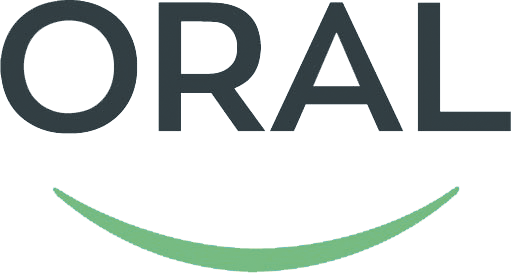

Massaging the occlusal muscles relieves muscle tension, which may be due to malocclusion, nocturnal bruxism or stress.
Rehabilitative massaging of the masticatory muscles may alleviate pain in the head area. Malocclusion, teeth grinding and other oral tension may result in pain in the neck, shoulders and temples. At worst, they may even set off bouts of migraine.
Massaging the masticatory muscles alleviates muscle tension in the head area. The massage treats the facial area, the masticatory muscles from the inner surface of the cheeks and the throat, neck and shoulder area.
Some of the dental hygienists at Oral have received specialist training on the impact of oral health problems on the rest of the body. Dental hygienists are able to identify problems arising from malocclusion and alleviate them by relaxing the mouth and head area through massage.
The massage treats the facial area, the masticatory muscles from the inner surface of the cheeks and the throat, neck and shoulder area.
A relaxing massage performed by a dental hygienist is quite similar to a traditional massage. However, a massage of the mouth and head area is gentler.
During the massage, the dental hygienist carefully goes through the relevant muscles both inside and outside the mouth. Massaging the mouth releases tension, removes waste products and relaxes the jaw, neck and shoulder area.
During the massage appointment, the dental hygienist also examines the mouth and the overall occlusion of the patient. If necessary, the patient is referred to a dentist or an occlusal physiologist for follow-up treatment.
The patient is also given instructions on training the muscles at home. The instructions help to eliminate minor, harmful habits that cause tension in the mouth and jaw. For example, excessive chewing of gum or leaning one’s jaw against one’s hand causes pressure that may be felt in the neck, shoulders and head.
To manage pain in the head area resulting from malocclusion.
Unable to find the specialist you were looking for? Call our customer service 010 400 3400